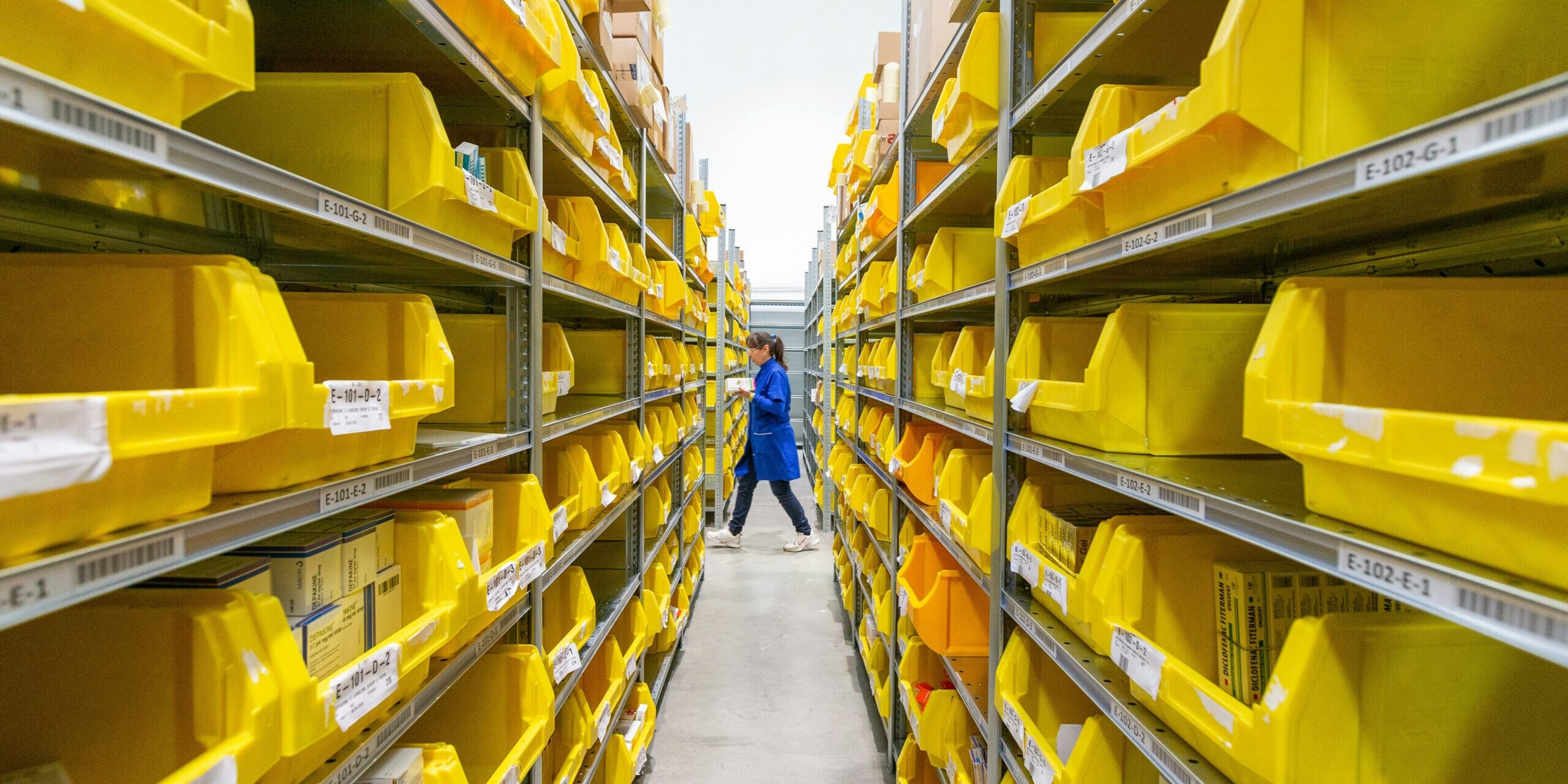In a recent development, German companies are grappling with the intensified provisions of the country’s Supply Chain Act, implemented at the start of the year. The updated legislation now requires companies with a minimum of 1,000 employees to adhere to stricter human rights and environmental due diligence obligations, a significant reduction from the previous threshold of 3,000 employees enforced in 2023.
While the act aims to promote ethical practices, critics argue that the increased bureaucratic demands are proving detrimental to businesses already facing economic challenges, including low global demand and the repercussions of the energy crisis.
Holger Goerg, Director of International Trade and Investment at the Kiel Institute, expressed concerns over the act’s implementation, emphasizing that the focus on bureaucracy has overshadowed the potential for companies to leverage these measures for marketing purposes.
The impact is felt particularly by the 5,200 affected companies, with small- and medium-sized enterprises struggling to cope with the surge in reporting obligations. Dirk Jandura, President of the Berlin-based wholesale lobby BGA, highlighted that these additional administrative burdens now weigh heavily on companies, potentially even more so than the challenges posed by high energy prices.
Violating the revised legislation could result in severe penalties, with companies facing fines of up to 8 million euros ($8.7 million) or 2% of their global annual turnover, coupled with the risk of exclusion from public contracts.
However, concerns extend beyond the bureaucratic hurdles. Critics, including Goerg, worry that the act might inadvertently reduce diversity in supply chains, as companies may opt for suppliers in developed countries that meet stringent data requirements, leading to higher costs. The Federal Office for Economic Affairs and Export Control defended the legislation, stating that it aims to ensure companies take reasonable steps to prevent or eliminate identified risks.
This German regulatory shift is also seen as a precursor to broader changes within the European Union. The EU is currently crafting a more stringent framework with a focus on environmental protection, planning to include companies with a substantial size and economic power, starting with those employing 250 individuals.
The evolving landscape of supply chain regulations highlights the growing emphasis on ethical and environmentally conscious practices, even as companies grapple with the challenges of increased bureaucracy and potential financial repercussions.







